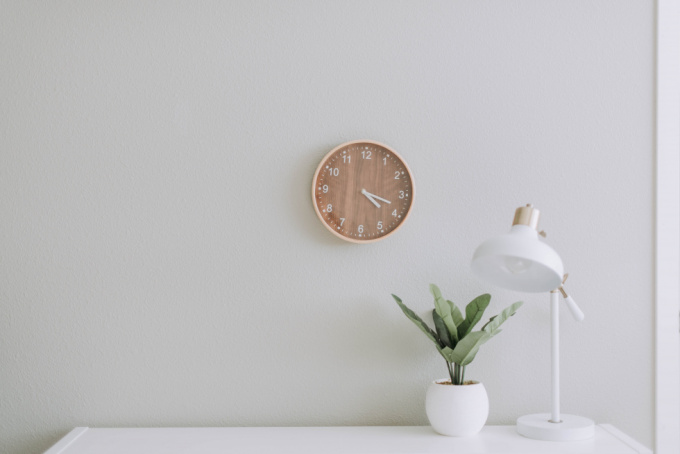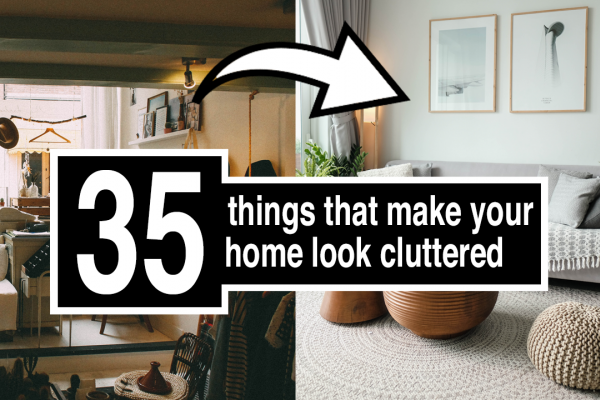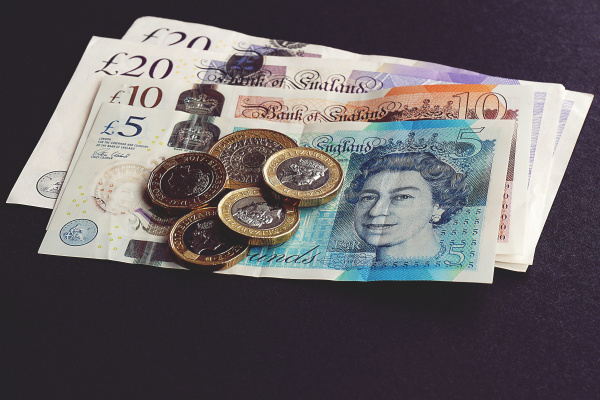30 ways to simplify your life || Minimalism for beginners

Digitise everything - get rid of paper.
Organise your photos on your phone while watching TV. Make albums and get into the habit of deleting multiples of photos you’ve taken.
Use boxes for storage in drawers. This keeps your items separate, accessible and things appear less cluttered.
Have a place for everything and if you don’t, make a place.
Hide your wires.
Slow your pace while working - give each item it’s due and if things spill into the next day, it spills into the next day.
Create an easy wardrobe - get rid of aspirational clothing, sky high heels, too tight clothes, things that need ironing when you hate ironing etc.
Declutter - get rid of things like old mugs, unwanted presents etc.
Go on a no-buy for a period of time. This gives you time to appreciate your life, your clothes, your things and it also gives your finances time to breathe.
Find an organisational system that works for you - try bullet journaling, google calendar, phone apps etc. Every person is different so try different things until you hit upon what works for you.
Make a to-do lists but don’t be afraid of moving items around and into the next day. To-do lists are meant to give you a handle on all your tasks and should be seen as a useful tool, so don’t allow yourself to become a slave to it and feel bad if you’re unable to do all the tasks you set yourself for a day.
Try to maintain clear surfaces in your home.
Embrace neutrals. A neutral colour palette gives you a feeling of space and calm and it doesn’t have to feel boring if combined with quirky accessories, wall art, house plants and other pops of colour.
Limit the amount of time you spend on the negative news cycle and counterbalance it with consciously seeking out neutral or positive news content.
Don’t sleep with your phone next to you. Put it on the other side of the room.
Sort out your larger storage places such as the attic or shed. Be strict about not making those places a dumping ground.
Be OK in investing in yourself. Consciously engage in positive self talk.
If you want to build in new habits, focus on one at a time so you don’t overwhelm yourself.
Learn to schedule rest into your day. Don’t feel guilty for taking the time out to unwind. There is no rule that says you must maximise your productivity at all times. Taking a day to binge watch an entire Netflix series is OK.
Sleep enough.
Take time out from social media and escape the comparison trap.
Open up your paper mail straight away and throw away junk mail.
Unsubscribe from marketing emails.
Do a 10 minute daily tidy.
Learn to say no to people. You need to keep your workload and social life manageable and realistic. If you don’t prioritise and allocate your time properly, no one else will do it for you.
Don’t let niggling tasks stick around too long - if it’s bothering you, tackle it and get it off your mind.
Clean as you cook.
Embrace the 1-minute rule. Author and happiness expert Gretchen Rubin came up with the 1-minute rule which requires you to do a task immediately if you know it will take you one minute or less to do. This means that simple things like hanging up your coat or putting away groceries are done immediately and they don’t develop into small nagging tasks that weigh on your mind.
Make things easy. Ever wondered why you hate loading the dishwasher? It’s because it requires bending, so for household chores, whenever possible keep things easily accessible. If you find yourself avoiding a task, ask yourself why and investigate whether there is a way to make the task easier. For example if you hate hoovering because you trip over the cord, then why not look into investing in a cordless hoover.
And my final tip is to get a grip on your finances. Worrying about money is not fun and being afraid to look at your bank balance is a sign that you are living beyond your means.
Take an inventory of your finances, what are your direct debits and what can you do without. Spend time downsizing your expenses - it’s OK to live within your means and it allows you to appreciate and be content with what you have.















